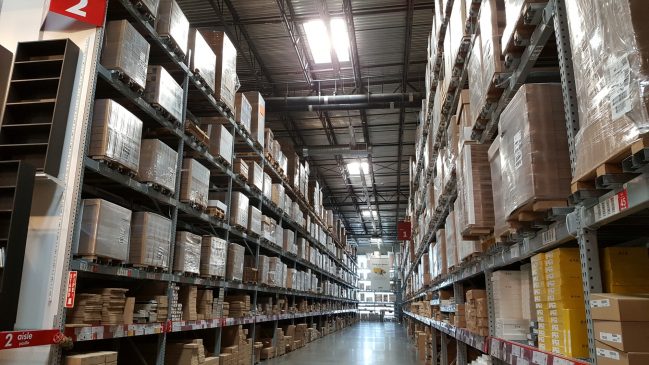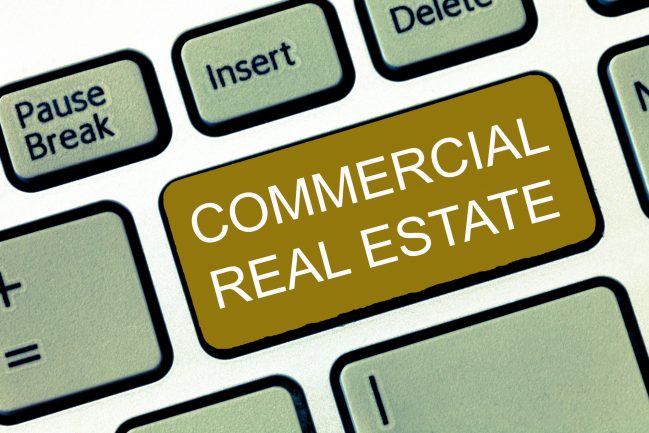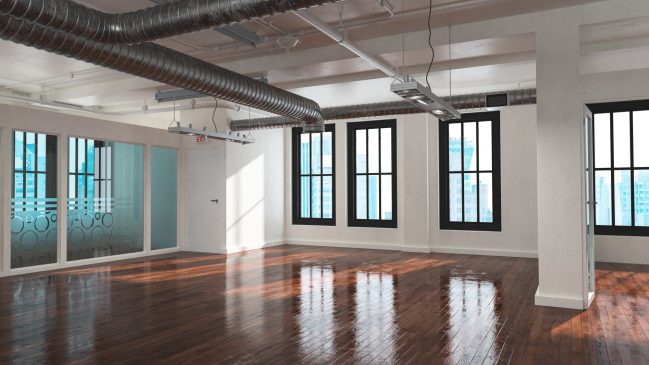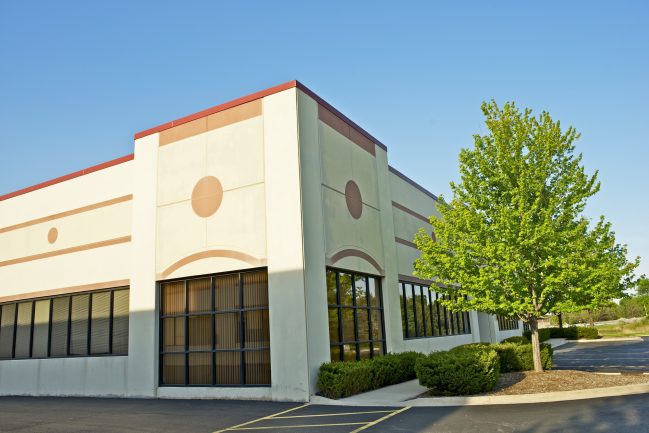There are 2,432,860 commercial real estate businesses in the US, many of which must recognize the many tax benefits of owning it.
There are a plethora of tax benefits to owning commercial real estate. Many people buy commercial real estate because it’s a different kind of investment than, say, stocks. What they quickly realize are the benefits of commercial real estate investments.
You might wonder if putting your money into real estate is a smart move and what benefits you get from it. Read on to learn more about the tax benefits of buying commercial real estate.
Tax Deductions on Interest Expenses
One of the many tax benefits of buying commercial real estate is the many tax write-offs. If you have a mortgage on a commercial property, you can use the mortgage interest as a deduction.
So, let’s look at an example. Let’s say you hold a mortgage on a commercial property and pay $12,000 per month. You can’t write off the entire $12,000. But you can write off the interest part of it.
So, of that amount, $2,500 of it might be an interest payment. That’s a $30,000 deduction you can use when it comes time to file your taxes.
Depreciation Deductions
Another great tax benefit for commercial real estate is the depreciation advantage. The IRS assumes that over time a commercial property will depreciate in value.
They allow you to deduct that depreciation at a certain percentage each year. Currently, you can deduct a percentage of the depreciation over a 39-year period for commercial real estate.
So, let’s say you own an Orange County commercial property worth around $10,000,000. Each year you can deduct about $256,000 in depreciation deductions.
It’s also important to remember you can do this over a 39-year period for commercial real estate.
Other Non-Mortgage Related Tax Deductions
Aside from interest and depreciation, there are other commercial real estate investment tax benefits. It wouldn’t be realistic to assume you won’t have other related real estate expenses for your investment.
Another benefit to commercial real estate investing is that you can also write off other expenses. These write-offs might include:
- Repairs
- Maintenance costs
- Property management expenses
- Operating expenses
The IRS even allows investors to write off travel expenses when they visit the rental property, including hotels and a percentage of food expenses.
It’s worth noting that improvements might not be a write-off but can later be written off when depreciating.
Commercial Real Estate Losses
The reality is that most people invest in real estate to make money. But occasionally, properties are sold at a loss.
When this happens, you can still use it to your tax advantage. You can take a few routes to get a tax benefit on a real estate loss.
If a commercial real estate investor has a loss and makes less than $100,000 in income, they can write off the loss. So, for example, let’s say the investor’s income is 98,000.
They sold a property and lost $32,000 on the investment. This means the investor can lower their annual taxable income to $66,000.
If your income is more than $100,000 but not more than $150,000, you still can write off a portion of the losses. If your income exceeds $150,000, you cannot write off losses.
There is a caveat to the $150,000 rule. You can write off as much as needed if you make more than $150,000 if you work in the commercial real estate industry. This would include working as a broker, agent, investor, or property manager.
To qualify for this benefit, the IRS requires you to work in the commercial real estate arena for at least 750 hours per year.
Beneficiary Tax Benefits
As an investor, you can also consider the long-term benefits for your heirs.
Let’s say you pass away, and the property has grown in value from $5 million to $7 million. Your heirs only pay taxes on the capital gains of $2 million.
So, they only pay taxes on the appreciated amount, not the whole amount.
Commercial Real Estate Vs. IRAs
Many investors consider IRAs for investments like they might commercial real estate. So, let’s compare how they stack up for tax purposes.
When investors buy into an IRA (not a Roth IRA) and later cash it out, they pay taxes on their personal income rate.
When an investor buys commercial real estate, then sells it later, they only pay the taxes on the capital gains part of the income, not the entire sale amount. Of course, this is also after having other tax benefits while owning the property.
1031 Exchanges
1031 exchanges is an IRS tax program that many commercial property investors use to grow their real estate portfolio.
In simple terms, a 1031 exchange allows a real estate investor to buy and then sell a property. If the property increases in value, the investor can take the capital gains and invest the profit into another like-kind property.
The capital gains taxes on the properties bought and sold generally aren’t paid until the final property is sold. Often real estate investors will keep exchanging properties for ones higher in value.
Then they wait to sell the property when they’re in a lower tax bracket later in life, saving them on capital gains taxes.
This is a big opportunity to save on capital gains taxes. 1031 exchanges come with a long list of regulations and must be done precisely right to actually get the benefit. If you’re interested, consult a tax specialist to ensure you follow the process correctly.
Take Advantage of the Many Benefits When You Buy Commercial Real Estate
Many tax advantages are available when you buy commercial real estate. The opportunity to make money from the properties while you own them and a profit once you sell are worth consideration.
If you’re interested in Orange County real estate, we can help. Let’s work together to find the right property for your commercial real estate investing goals.









